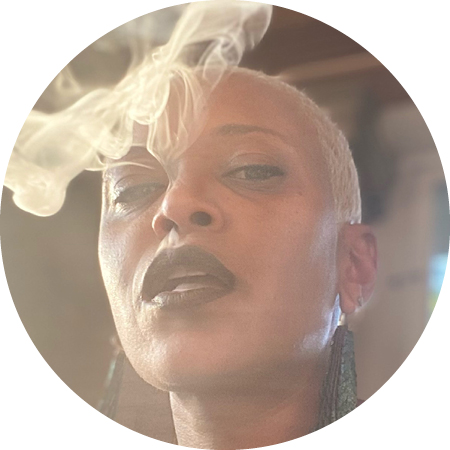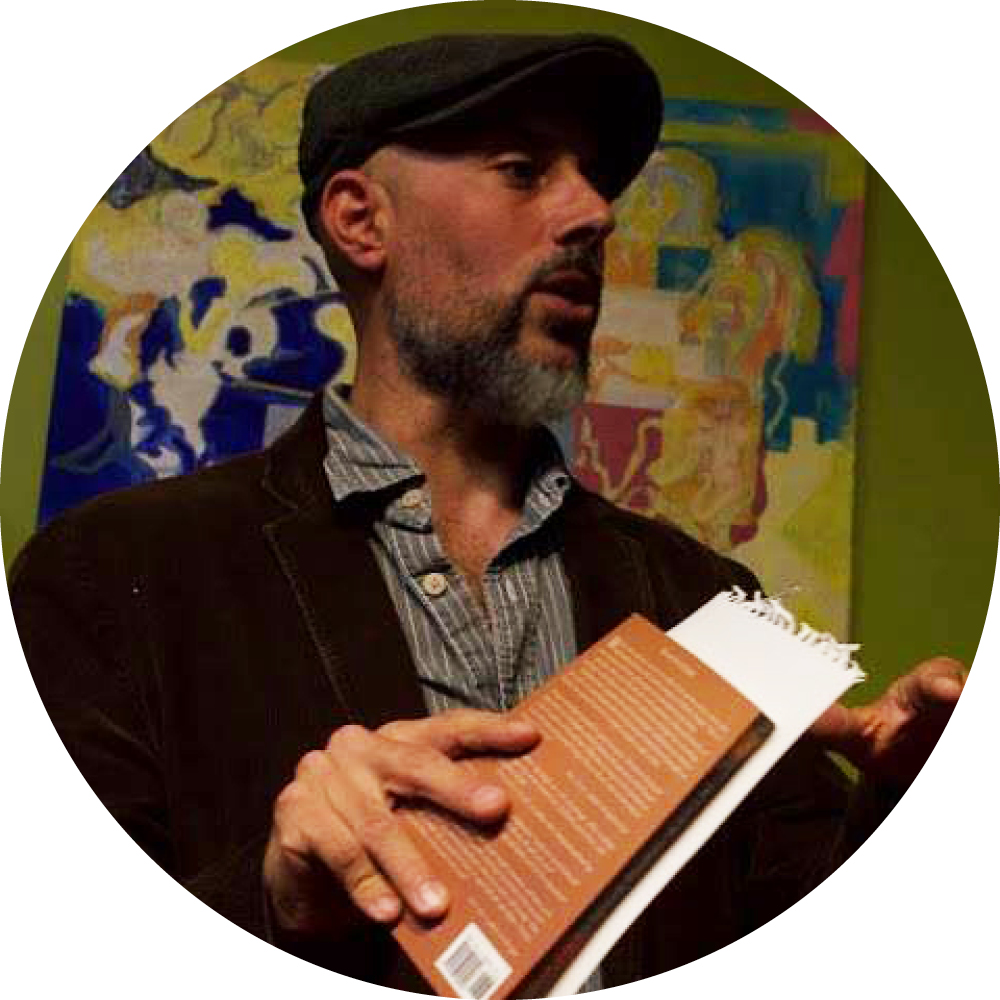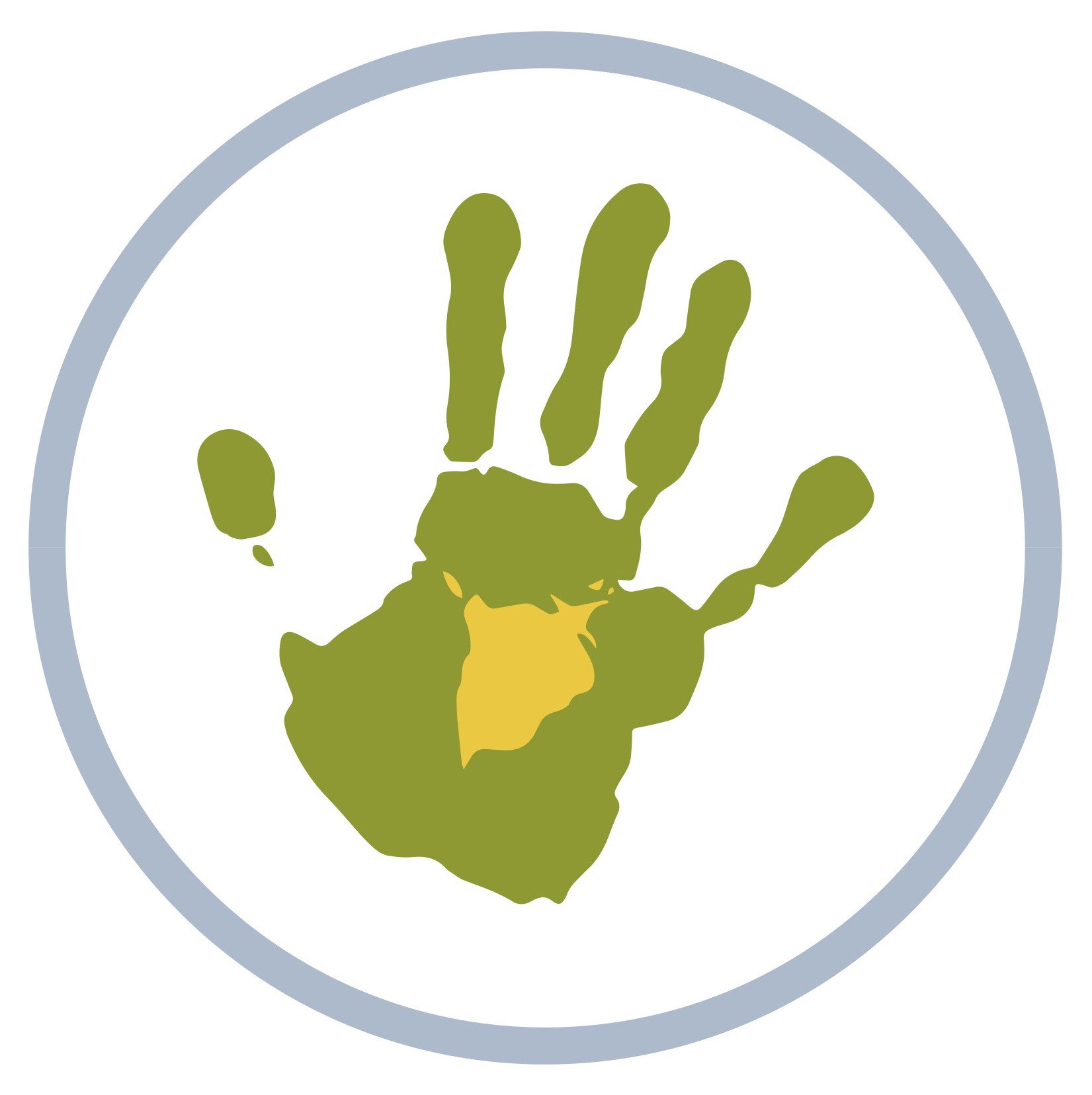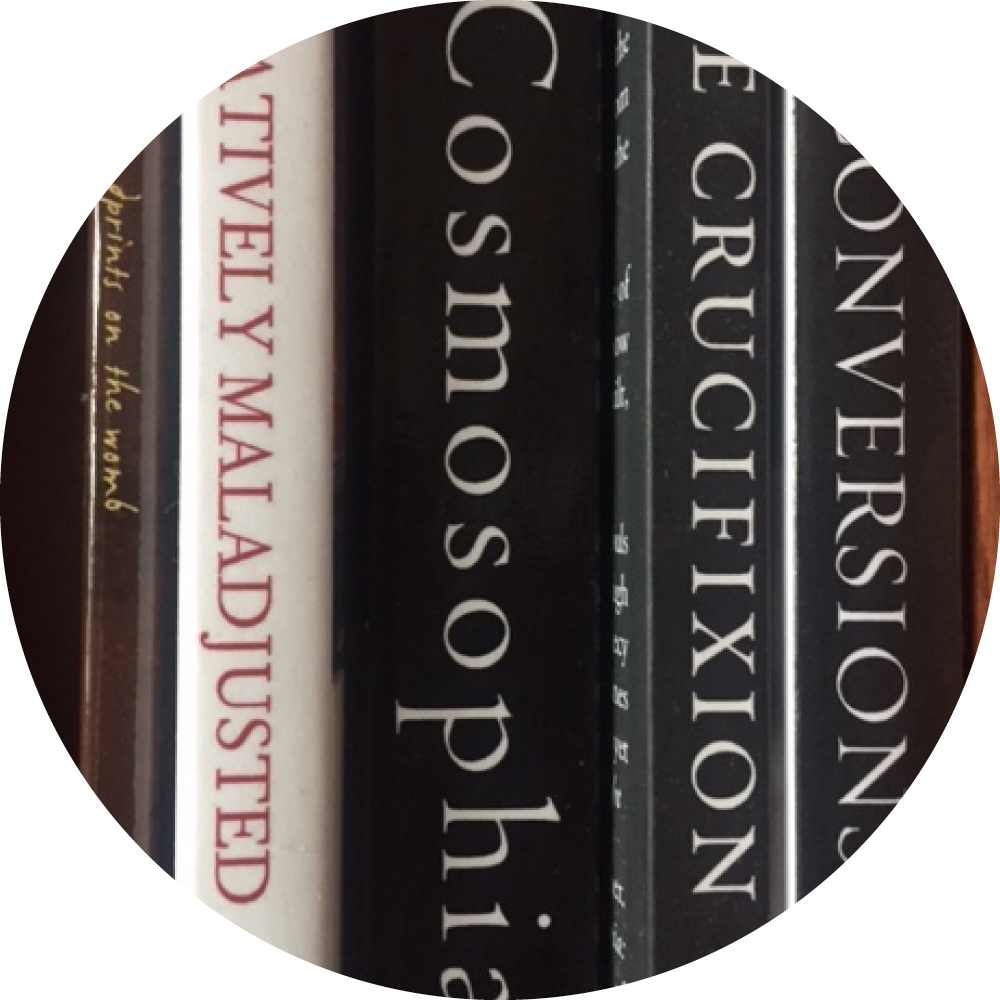Social (In)Equity:
My Story as a Social Equity
Cannabis Dispensary Applicant
By Arianne Richards
The line at the Thompson Center in downtown Chicago on January 2, 2020 snaked through the building. I sat there with hundreds of other applicants, waiting and watching. I saw people who looked like me, of course. After all, this was the line for social equity applicants to turn in their applications in hopes of getting a chance to open cannabis dispensaries. The state of Illinois had created a law which specifically attempted to redress some of the effects of the drug war. People who were harmed by it – mostly black and brown people, those with felony drug convictions, people living in communities adversely affected by the drug war – were supposed to have a leg up.
For me, this was about more than a business. This was an opportunity to redress the inequities of a system that had done so much harm to my community. It was about using that very industry to generate wealth for us – for once.
But I noticed something strange that day at the Thompson Center: a few places ahead in line I overheard a couple of white men talking to a couple of younger eager black men. There was a sort of white-boy cockiness in their tone as they talked about all their applications. They’d come from out of state and submitted multiple applications, which would have cost thousands of dollars, giving them a much better chance of getting a license, something that would have cost far too much for your typical social equity applicant.
Something about their tone – skin and verbal – didn’t sit right with me. And there were plenty of others like them. I wondered, was this really going to be what we’d been promised?
The Incubator
Several months before, in the summer of 2019, an old friend had called me with an opportunity. He invited me and my firm to become part of an “incubator” run by Cresco (a multi state operator) for social equity applicants for dispensary licenses. This was written into the law. Companies already benefiting from the industry and wanted to acquire an additional recreational license would give something back by helping social equity candidates apply (Cannabis Regulation and Tax Act, Section 15:15).
I was invited because I was already involved in cannabis. And I’m not just a pothead. I’ve worked on advocacy and policy through my involvement with ChiNORML. I am a certified professional interpener, which is basically a sommelier for cannabis. And I manage an LLC, Chicago Cannabis Concierge, that would ultimately be the applicant.
Over the course of a few months, Cresco walked us through every aspect of the application. They seemed to know what they were doing for the most part and made sure that the application was solid. Little did we know that we were all in for a surprise brought to you by the wonderful state of Illinois.
The Results
We were supposed to get the results on May 1, but the day before the results were to be announced, the state of Illinois announced that there would be an indefinite delay. KPMG, the accounting firm that the state hired to grade the applications (in a no-bid contract), claimed that they needed more time because of the Covid pandemic. This was curious, since all the applications were digital, but come to find out the applications were required to be picked up by hand and because of Covid-19 travel restrictions, they couldn’t be picked up. Also, I already had my doubts about KPMG anyway. In addition to the fact that it was a no-bid contract that paid them millions, they’d notified us of a so-called “deficiency” in our application that was, well, ridiculous. They claimed that we hadn’t shown that we were social equity candidates. We had. In fact, this was the most obvious aspect of our application. My partner proved that he had a drug conviction; I proved that I lived in an area that was adversely affected by the war on drugs. It was as if they hadn’t even read our application – or they were trying to discourage us enough to give up. And we weren’t the only ones dealing with this same issue.
Finally, in early September, the results came in. It was even worse than I’d expected. Although we expected that each category was to be scored on an all-or-nothing basis – kind of like the electoral college – they’d taken off a random point or two in several areas. And the areas that we didn’t receive any points in – with one notable exception I’ll address below – were just absurd. They claimed we were neither Illinois residents nor “social equity” candidates, the two most obvious aspects of our application. We’d have never even been allowed to participate in the incubator if we hadn’t at least qualified in those areas.
But the worst part was revealed when we really dug in and saw who got the perfect scores. While some were local and truly run by black or brown people – I have to be fair to those legitimate candidates that deserved their place – it was obvious that some of the winning firms were out of state companies, or companies run by people (often white people) who had nothing to do with the stated purpose of this law. They knew all they had to do was find a person who fit the qualifications of a social equity applicant and make them 51% majority owner. Another way in was for them to hire at least 10 full time employees who fit into the definition of a social equity applicant (Cannabis Regulation and Tax Act, section 1-10). Again, if they had the money, this was the way to go because they don’t have to give up 51% ownership, which definitely works in their best interest.
Social (In)Equity
Every firm that advanced to the lottery scored a perfect score (since there were more firms than spaces that tied for the perfect score, there was to be a lottery to determine who ultimately got the licenses). What was perhaps most striking about those firms in the lottery was how many went to the same firms. Because the law allowed for multiple entries from the same firms, it favored those with the resources to submit multiple applications. Since those fees were thousands of dollars, most genuine social equity applicants couldn’t afford the same. Again, props to true social equity applicants that were able to pull their resources together and file multiple applications, but again this wasn’t the norm.
What this also meant was that the winners also received points for being at least 51% veterans owned, effectively eliminating all non-veterans from the process. This was the only category that we shouldn’t have received points for. We honestly didn’t know, along with others, including Cresco, that this would be the thing that would hurt our applications the most. Wait, you may ask, what the fuck does being a veteran have to do with social equity? Or, in other words, why should the fact that I’m not a veteran eliminate me from contention? It’s an odd inclusion, to say the least. I mean, my own family was denied our rightful benefits from the GI bill during WWII, leading to some of the wealth inequality that this bill is trying to redress (GI Bill). Now I am being punished again for not joining the military. In addition, the United States military played a huge role in the drug war (Reluctant Recruits: The US Military and the War on Drugs). Why should participation in the military be rewarded?
But military vets weren’t the worst recipients. There was the former Chicago chief of police Terry Hillard. That’s right, the guy in charge of locking up thousands of people for drug offenses gets a shot in the lottery for a “social equity” license because of where he lives. You can’t make this shit up.
There was even a current KPMG employee who was part of a firm that advanced to the lottery. When asked about this, KPMG basically said, “nothing to see here.”
And speaking of KPMG, they really should return that seven million dollars they took from the taxpayers. They clearly didn’t know what they were doing, or didn’t care, or were just corrupt. The scores simply made no sense. In addition to not giving points where they obviously should have, there were also examples of giving points where they shouldn’t. They seemed to not even understand the scoring system, taking away a single point in many categories when applicants were under the impression it was supposed to be an all-or-nothing system. Moreover, applicants weren’t made aware of why points were lost in certain exhibits, which made it even harder to correct a deficiency.
In the end, when I tried to get an explanation, or even get my scores, I was met with obstruction from the IDPFR. The scoring is a secret, even to the applicants themselves. There was zero transparency. Not even an explanation. When I wrote to IDPFR and requested my scores and the rubric, I was only sent my scores. And when I asked about the rubric again because I obviously wanted to see exactly what happened I literally got the response “those exhibits were not given points.” Of course I wrote back and was then sent a response from their assistant general counsel basically saying they don’t have to and I am welcome to handle it in court.
So at this point there were 21 firms who were eligible for the lottery. This, of course, caused an uproar because other applicants had found discrepancies in the scoring of their applications as well. What had started as an opportunity turned into a complete shit show. Lawsuits began to pop up and the state realized that it needed to try to rectify said shit show. During this time it came out, thanks to Grown In publications, that KPMG had outsourced the scoring of the applications to a company in Florida who then hired contract workers who had been so poorly trained and lacked support that they screwed up the scoring (I don’t blame the people who were scoring the applications; they were just working with what they were given, which wasn’t much.
The state then decided it would do a rescoring of all of the applications and also send supplemental deficiencies for exhibits that weren’t awarded points. The applications that scored at least 85% of the points needed would be eligible for three lotteries. One of these lotteries that still hasn’t taken place yet is for five medical licenses that are still up for grabs. These three lotteries were added in order to rectify the issue of having to have a veteran on your team in order to get a perfect score. This definitely opened the door for a lot more people, including us, but it didn’t really matter. In the end, most of the winners in the lottery were already existing cannabis companies mostly from out of state and were able to pay the money for multiple applications, which means the odds were against everyone else who couldn’t afford it. I’ve had to laugh at the absurdity of it all to keep from being pissed off.
I’m sure many applicants and advocates have their own ideas about how things can be done differently with the application process in the future, but when the people who have been in the legacy market are left behind it doesn’t benefit who it should. The legacy market is thriving and will continue to thrive if we aren’t let in the door. The legacy market will also continue to thrive considering that Illinois has some of the highest taxes on recreational cannabis in the country. Unfortunately, recreational taxes will also affect these new dispensaries because they won’t have a medical license, which excludes them from the entire market of patients. The MSOs who hold medical and recreational licenses will continue to dominate the market because they have a leg up. Personally, I want to support these new up and coming dispensaries, but I, like many others, won’t support these dispensaries because we will be subjected to paying recreational taxes. Locking out these new businesses will pose a problem. Once again, the MSOs will stand to make much more money than the smaller dispensaries. I eventually see this as something that will possibly play out in court unless the state makes more amendments to the original bill to rectify another unforeseen issue. Saying unforeseen sounds slightly ridiculous because nine times out of ten the MSO’s had lobbyists involved that advocated for the law to be written that way. Which brings me to ask the question. Can we ever have true social equity in the cannabis industry as long as the MSOs have the resources to create things to work in their best interest? It feels like it will be a never ending cycle as long as they never feel shame in their role in making this industry inequitable along with our lawmakers who allow them the space to do so. The optimist in me wants to believe that the intentions were good, but as time goes on my optimism keeps waning.
To learn more about Arianne Richards’ work, listen to our podcast here.

Re-sources
Re-Imagining Education

Empowering educators to take a deeper look at the stories told in our schools and to re-imagine them in transformative and
nurturing learning spaces.
Learning Opportunities

Classes, workshops, and lectures that help to empower people to re-imagine who they are and their place in the world.
Get Involved

Help the Chicago Wisdom Project realize its mission to re-imagine education through holistic programming that transforms individual, community and world through creative expression.
Re-Imagining Education

Empowering educators to take a deeper look at the stories told in our schools and to re-imagine them in transformative and
nurturing learning spaces.
Learning Opportunities

Classes, workshops, and lectures that help to empower people to re-imagine who they are and their place in the world.
Get Involved

Help the Chicago Wisdom Project realize its mission to re-imagine education through holistic programming that transforms individual, community and world through creative expression.
Re-Imagining Education

Empowering educators to take a deeper look at the stories told in our schools and to re-imagine them in transformative and
nurturing learning spaces.
Learning Opportunities

Classes, workshops, and lectures that help to empower people to re-imagine who they are and their place in the world.
Get Involved

Help the Chicago Wisdom Project realize its mission to re-imagine education through holistic programming that transforms individual, community and world through creative expression.
